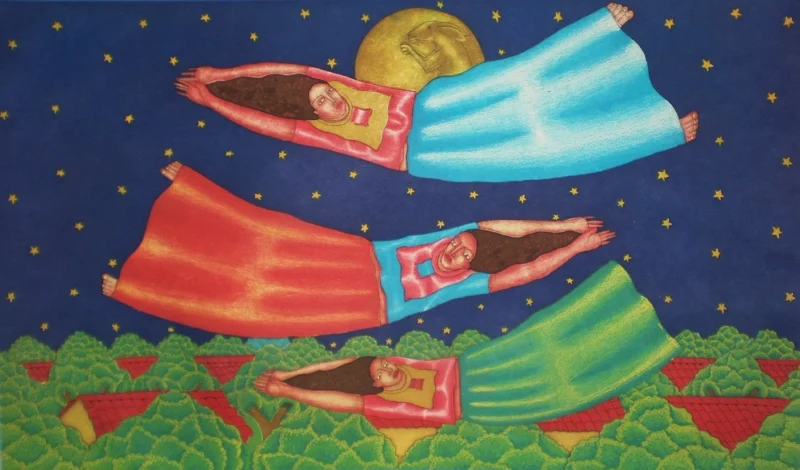There are nights that escape
on feet light as air
There are nights that we remember
like words engraved on stone pillars
There are nights so long
so very long
they could form rivers of tears
—
From Stolen Flower by Irma Pineda, translated by Wendy Call. To be published by Yale University Press in the Margellos World Republic of Letters series in November 2025. Reproduced by permission.

